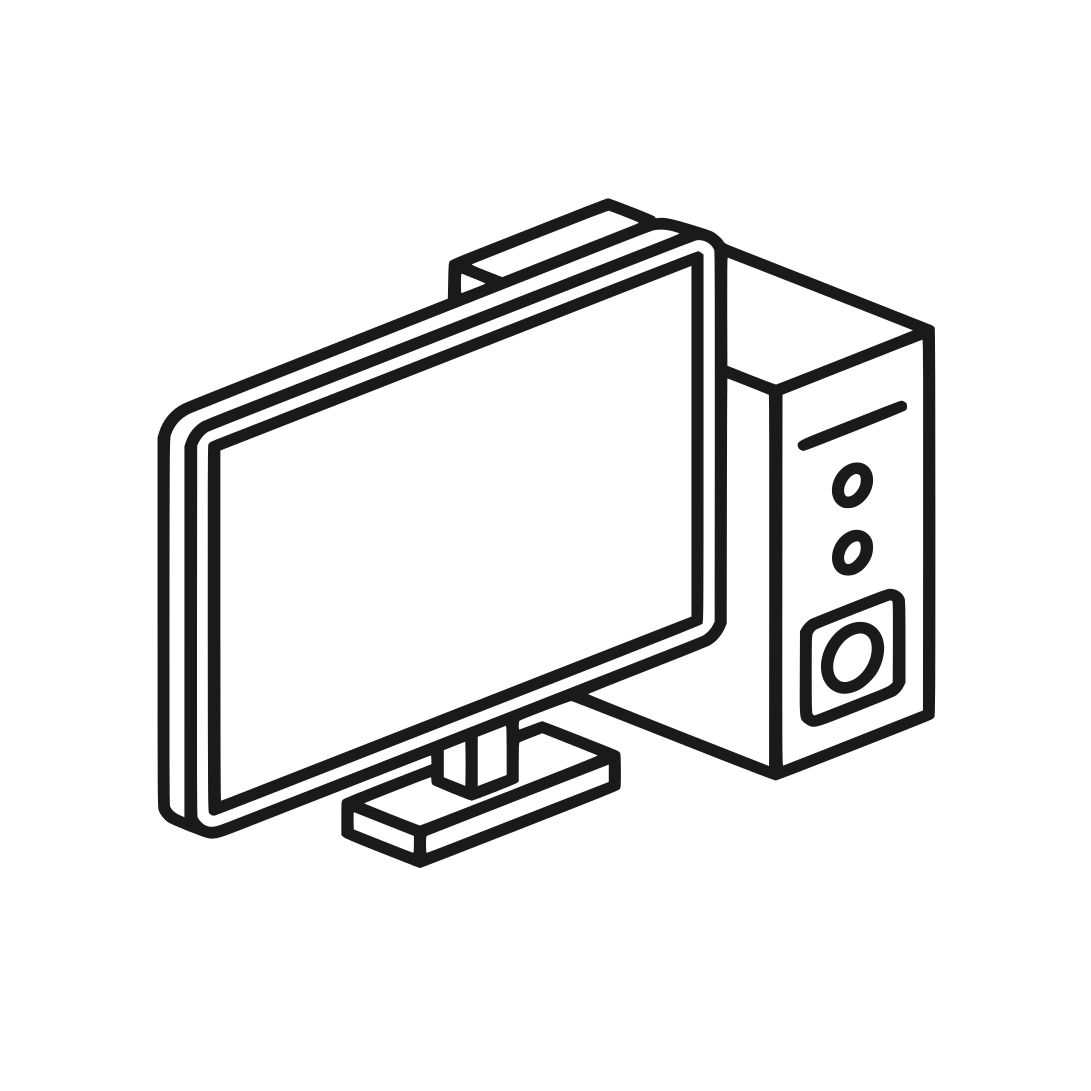Homelab Update - September 2025
Several new services up and running in my homelab
In my previous (which was also my first) blog post covering my journey building and documenting my Homelab, I had a few basic services set up:
- Jellyfin: Movie and TV streaming site (website)
- AirSonic Advanced: Music streaming site (linuxserver.io)
- Rust Desk: Remote desktop server and client (documentation)
- Mumble Server: A fast and light-weight voice calling app (website)
- KitchenOwl: Manages recipes, grocery lists, and meal planning (github)
- DokuWiki: A minimal wiki for storing information (website)
- IT-Tools: A collection of highly useful small tools for developers (github)
- Several Web Servers: Using Apache2, Nginx, and Caddy
In the month and a half since that update I've semi-retired two of the above services. Both my RustDesk and Mumble Server apps are still technically installed and could be turned back on in a few minutes but they're sitting dormant for now.
Goodnight Mumble
With my Mumble server I am experiencing the all-too-common issue that any self-hoster runs into eventually – self-hosting is great until you remember that all your friends and family still use Google for everything. I set up the Mumble server knowing this and it was just so that I could demonstrate how it worked to several family members as part of my long-term goal to eventually convince everyone I know to abandon their Google/Meta spyware apps. But for now my Mumble Server will continue to rest until such a time it is needed again.
Shout Out to RustDesk
As for RustDesk however, this was almost an opposite experience to the Mumble Server. I originally set it up so that the regular tech support calls I receive from my mom would become much easier. I already find it difficult to diagnose issues with Windows 11 because the entire operating system is a bloatware-ridden mistake, but add onto that having the issue dictated over the phone by someone not fluent in computers – it was just impossible. RustDesk made everything easier because I could just remote control the laptop and fix the issue, or even remote into it when my mom wasn't using it in order to do updates or maintenance.
This isn't an issue that I need solved anymore however, because I have set my mom up with a Linux PC running Debian 13 and the GNOME desktop environment. She still has the Windows 11 laptop because it works and there's no sense in creating more tech waste just because the operating system already makes it half garbage (plus she still needs Windows for a few work related apps). Now that she has this brand new Linux PC however, I've told her that I won't be able to help troubleshoot issues with her Windows 11 PC, mainly because all I was ever doing with it was hoping that turning if off and on again would resolve the issue. With her new computer, since I have it setup on my Tailscale Network, I can SSH in and do updates or other maintenance, and I can use the built-in Connections app for Remote Desktop if I need to show her how to do something.
I do have other family members that I'm planning on expanding my Homelab to include who use Windows devices, so I've kept the RustDesk server installed and ready to go, but it has been dormant for the last few weeks.
New Services
The semi-retirement of two services is far from the only change to my Homelab since my last update. I've added more than 10 different apps and services to my homelab in these past few weeks, but some remain in a semi-ready state and others I just haven't had the time to even begin the setup. The following services are the ones that I consider to be fully setup and in-use:
- Glance: Customizable browser homepage / start page (Github)
- Uptime Kuma: Server and self-hosted app monitoring service (Github)
- ChannelTube: Checks YouTube channels for new videos to download (Github)
- HomeBox: Inventory manager (Website)
- LGSM (Valheim Server): Linux Game Server Manager (Website)
- Formbricks: Surveys and forms (Website)
- Duplicati: Backup server and automation service (Website)
I'm not going to write an essay about what each of these does in my homelab because each of them is pretty straight forward, and they all have great documentation. The only one that has been somewhat rocky for me is ChannelTube, but I think its fair to attribute that to YouTube/Google being a terror with their constantly evolving ways to prohibit people getting around their ads. It is also a relatively new app having just passed its one year anniversary, so I am content with having to double check that it downloaded the videos I expect it to.
That's all for now. A lot of my time in the last few weeks has gone towards some of the open-source projects I'm working on and I hope to have more updates on this before the end of September. Thanks for reading this update and feel free to leave questions in the comments if you're looking to get started with any of the things I mentioned. Always happy to try and help out others with their homelabbing.
